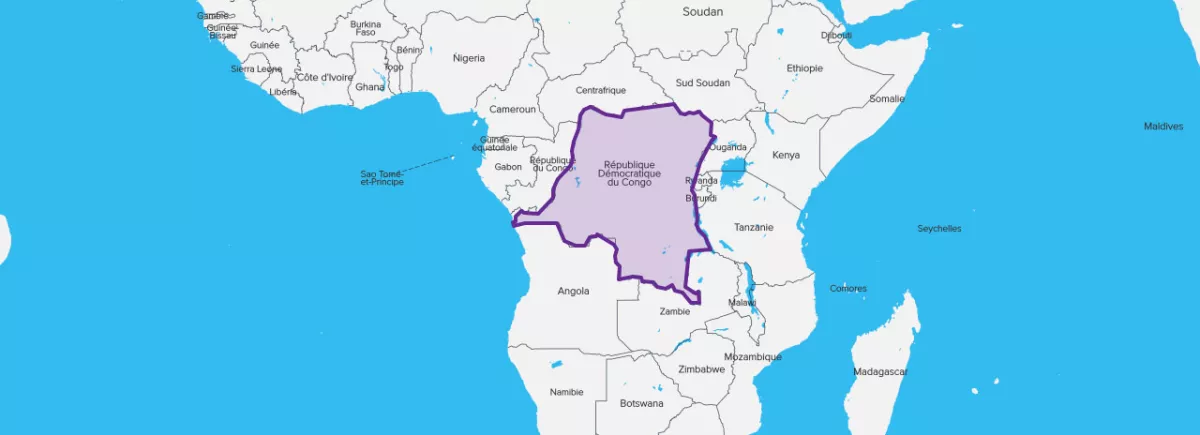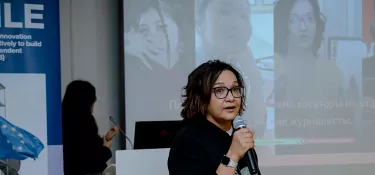
Digital Citizenship: Democratic Republic of Congo
This paper provides a synthetic presentation of digital citizenship in Democratic Republic of Congo.
FREEDOM OF THE PRESS
In 2016, Democratic Republic of Congo was 152nd in the global rankings published by
Reporters Without Borders, a drop of two places relative to the year before.
OPEN DATA
The opening-up of state data is not on the agenda. The tiny amount of statistical data available stems from international non-governmental organisations and UN agencies. Rather than open data, the real challenge in this country is gathering data in the first place.
SOCIAL MEDIA
Social media provide a space for freedom and debate that is virtually non-existent in “real life".
Telecoms operators offer free access to the main social media sites (Facebook Zero and Twitter, via SMS), which facilitates contact between the inhabitants of the main urban centres and those of remote regions who lack access to the internet.

Download the summary of the study (PDF)
GLOSSARY AND SOURCES
Cyberactivists: Term covering various forms of militancy practised with the aid of the internet. Africtivistes, the African association of cyberactivists for democracy, held its first meeting in Dakar in November 2015.
Open data: Open data is both a movement, a philosophy of access to information and the practice of publishing data so that it is freely accessible and usable. It forms part of a trend whereby state information is regarded as a common good whose dissemination is in the public interest.
Open Government Partnership (OGP): The Open Government Partnership is a multilateral partnership which aims to promote transparency in government activity and open it up to new forms of collaboration and joint action with civil society, in particular through the exploitation of digital and other new technologies. The OGP is run on a collegial basis involving both governments and civil society. The presidency of the organisation is currently held by France, for a one-year term which began in September 2016.
Democracy Index: Founded by the Economist Group in 2006, the Democracy Index assesses the level of democracy in 167 countries. Evaluations are based on 60 criteria grouped into five categories, namely electoral process and pluralism, civil liberties, functioning of government, political participation and political culture. Countries are scored on a scale from 0 to 10. Each country is then classified as a full democracy, flawed democracy, hybrid regime or authoritarian regime according to its score.


